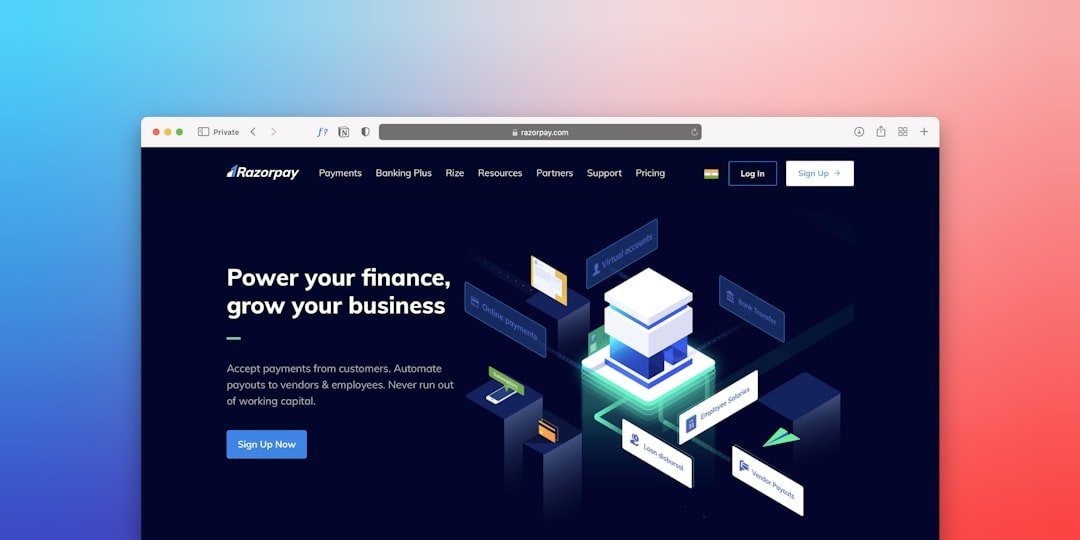examples in
The phrase “examples in” is a common idiomatic expression used to introduce illustrations or instances that clarify abstract concepts, theoretical frameworks, or complex ideas. Providing relevant examples is crucial in various fields, including education, business, science, and technology, as it facilitates understanding, enhances engagement, and promotes knowledge retention. In this article, we will explore the significance of using examples, discuss various types of examples, and provide guidance on how to effectively incorporate them into your content.
Why Examples Matter
Examples play a vital role in the learning process, as they:
- Help to clarify complex concepts and make them more relatable
- Provide a concrete representation of abstract ideas
- Enhance comprehension and retention of information
- Facilitate critical thinking and problem-solving skills
- Make content more engaging and interesting
Types of Examples
There are several types of examples that can be used to illustrate concepts and ideas, including:
Illustrative Examples
These examples are used to clarify a concept or idea by providing a concrete representation. For instance, when explaining the concept of climate change, an illustrative example could be the melting of polar ice caps.
Comparative Examples
These examples are used to compare and contrast different concepts, ideas, or approaches. For example, when discussing the pros and cons of different marketing strategies, a comparative example could be a comparison of social media marketing versus traditional advertising.
Hypothetical Examples
These examples are used to illustrate a concept or idea in a fictional or imaginary scenario. For instance, when discussing the potential consequences of a data breach, a hypothetical example could be a scenario where a company’s database is hacked, resulting in sensitive customer information being compromised.
Real-Life Examples
These examples are used to illustrate a concept or idea using real-world scenarios or experiences. For example, when discussing the importance of teamwork, a real-life example could be a company that successfully implemented a team-based approach to achieve a project goal.
Best Practices for Using Examples
To effectively use examples in your content, follow these best practices:
- Use relevant and relatable examples that resonate with your audience
- Keep examples concise and to the point
- Use a variety of examples to cater to different learning styles
- Avoid using overly complex or technical examples that may confuse your audience
- Use examples to support your arguments or illustrate key points
Examples in Different Fields
Examples are used in various fields, including:
**Education**:
Examples are used to illustrate complex concepts, make learning more engaging, and promote knowledge retention.
**Business**:
Examples are used to illustrate business strategies, marketing approaches, and management techniques.
**Science**:
Examples are used to illustrate scientific concepts, theories, and principles.
**Technology**:
Examples are used to illustrate technical concepts, programming languages, and software applications.
Conclusion
In conclusion, examples play a crucial role in illustrating concepts and ideas, making content more engaging, and promoting knowledge retention. By understanding the different types of examples and best practices for using them, you can effectively incorporate examples into your content and communicate complex ideas in a clear and concise manner. Whether you are an educator, business professional, scientist, or technologist, using examples can help you to convey your message, engage your audience, and achieve your goals.
About Relvixis: Relvixis is a Canadian-based digital agency specializing in results-driven solutions for businesses looking to grow online.
We offer expert services in SEO optimization, web development, social media management, and marketing automation.
Our team blends creative strategy with technical precision to drive leads, enhance brand visibility, and accelerate digital performance.
To learn more or schedule a free consultation, visit
relvixis.com.







